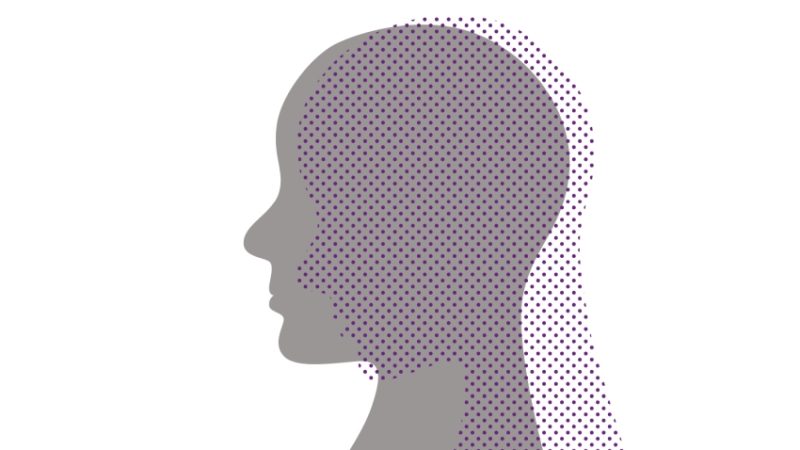Why are State Secondary Schools Still Struggling to get Students into Elite Universities?

Until we change society itself, that’s likely to remain the case, says Fiona Millar…

- by Fiona Millar

Stories about the private school dominance of places at Oxford and Cambridge pop up every year like a bad penny. The latest revelation that eight ‘top schools’ hoover up more Oxbridge places than the remaining 3,000 state secondary schools naturally made headlines in all the national newspapers.
Of course, access to the most elite universities isn’t and shouldn’t be the apex of education success. Many of us who got perfectly good degrees from other universities get fed up with the implication that it is.
Nevertheless the accompanying commentary to these stories is often used as a stick with which to beat the state sector.
This latest research, ‘Access to Advantage’ by the social mobility charity The Sutton Trust, was immediately followed by a page of letters in the Times denigrating the performance in state schools and generally patting their own institutions on the back.
What’s the difference?
Some state schools are more ambitious for their pupils than others; some are more effective at translating that ambition into offers from Oxbridge and other Russell Group universities. Some parts of the country, often those with chronic social and economic problems, struggle with finding good teachers.
So it is maybe not surprising that this evidence about widening (or maybe we should say narrowing) access also reveals alarming regional variations, with some areas sending fewer than two pupils a year to Oxford and Cambridge.
It isn’t necessarily because students in those areas don’t achieve the right grades. Even when they do, a smaller proportion from the state sector apply, or are accepted to Oxbridge.
This may be to do with geographic proximity to the two universities, or a simple perception that they are ‘not for the likes of us’. But a revelatory paragraph in the research from the Sutton Trust also flags up why the independent sector may always command this competitive advantage.
At the most exclusive private schools, high quality personalised mentoring and university preparation support is available to every student.
Specialist support
At one school, St Paul’s in London, alma mater to the former Chancellor George Osborne, every student is assigned their own adviser in year 11 to help them make decisions about ‘A’ level choices.
The school also employs eleven specialist university advisers so sixth formers can have a personal guide through what can be a daunting selection process.
The Sutton Trust concludes that this level of specialist support may explain the domination of Oxbridge admissions by such a small number of schools, and suggests that state schools need to provide something similar.
But what hope is there that cash strapped state schools can compete at this level?
It is noticeable that Mr Osborne, whose government claimed to be passionate about social mobility, didn’t fund this degree of personal attention to students in the state sector when he held the purse strings.
Serial attempts have been made in the last two decades to widen access to university and problem and the number of pupils from disadvantaged backgrounds going onto higher education has increased. But Oxbridge and a few other Russell group institutions remain stubbornly elite.
Why it matters
Maybe the nudges from government are just too timid.
What about quotas for different parts of the country so that Oxbridge places are shared out more equally, or places offered in proportion to the percentage of pupils in the state and private sector?
Like 7% per cent for the independent sector, 93% to state schools.
This would inevitably result in howls of protest from many affluent parents who are engaged in the education arms race on behalf of their children from a very early age.
It would also lead to allegations of ‘social engineering’. But graduates from Oxbridge dominate public life. Almost half of the current cabinet were educated at Oxbridge, as were 24% of the MPs elected in 2017 and 78% of top barristers, 54% of prominent journalists and 51% of senior civil servants.
The private school/ Oxbridge trajectory is one of the biggest examples of social engineering in the Western world – and it will take more than a few more outreach workers to correct that.
Fiona Millar is a columnist for The Guardian and a co-founder of the Local Schools Network; for more information, visit fionamillar.com or follow @schooltruth.











